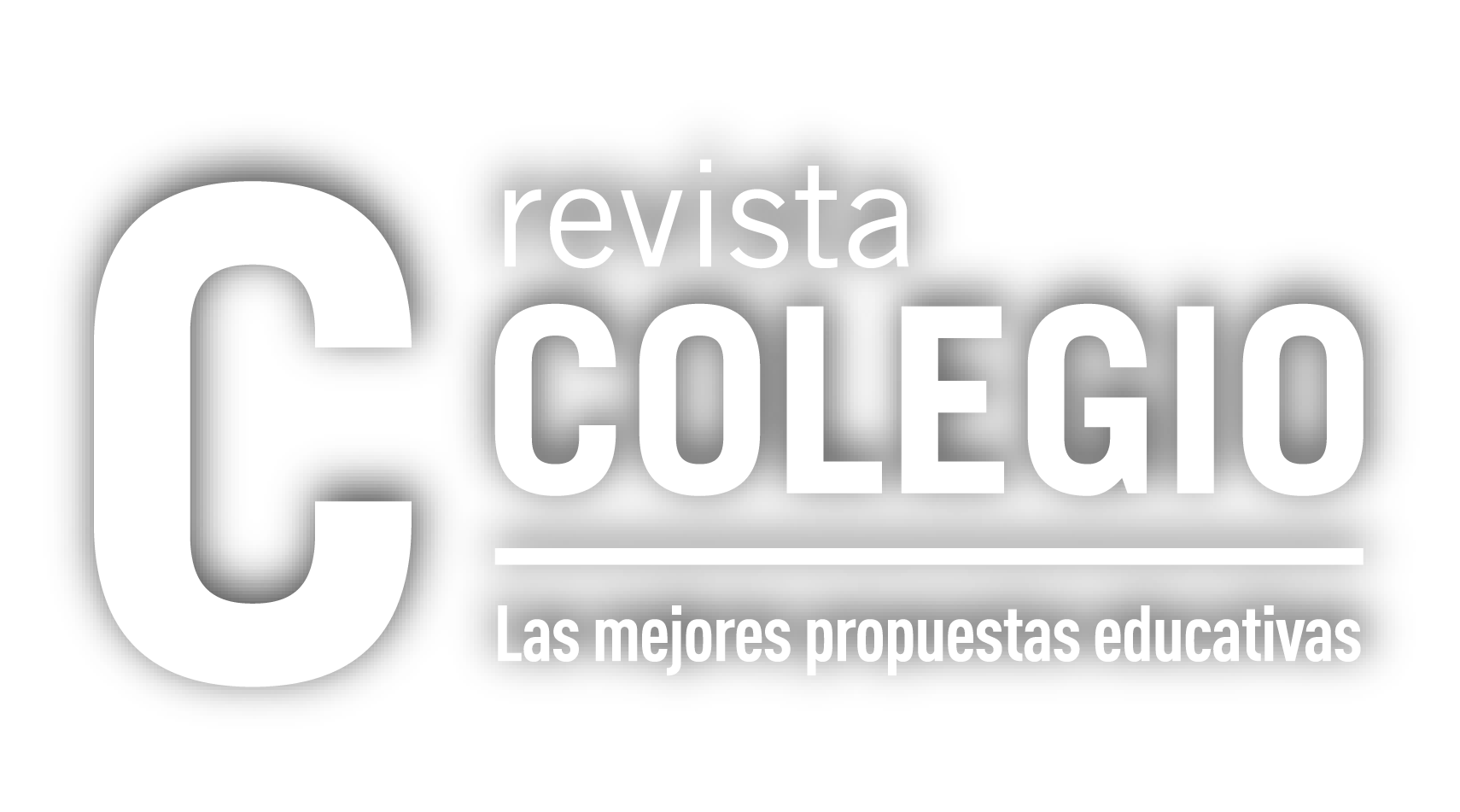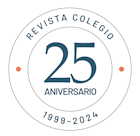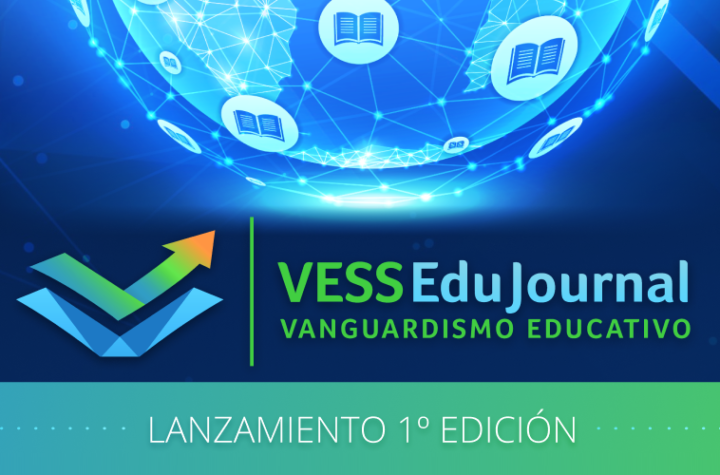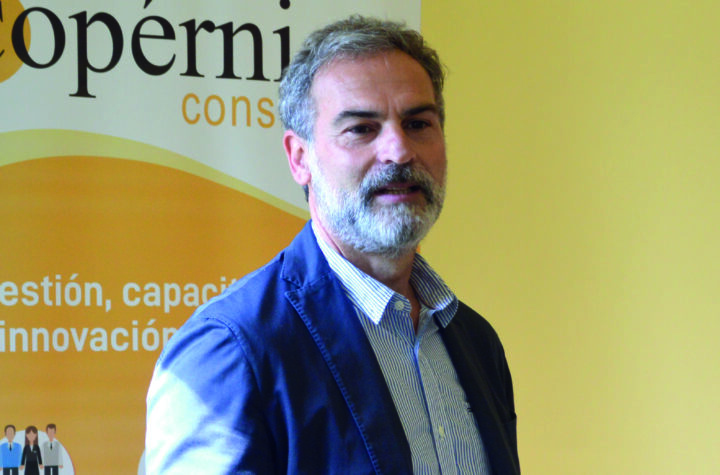
The start of the 2020 school term has been pierced by the imminent danger of the COVID-19 pandemic. This incident will be explained and interpreted through different multidisciplinary viewpoints in the future, but it is clear, without a doubt, that the world is globalized at a major scale: what happens in China also affects Argentina.
Thanks to the progress of technology and communication, news is received and shared almost instantly by the great majority of the world’s population. Global competencies seem to be essential more than ever before, since they allow all citizens to show empathy and intercultural respect for the communities with diverse traditions and values.
In this context, educational institutions play a fundamental role as they provide the theoretical and practical framework so that students can learn to respect different values, beliefs and experiences, as well as to think and collaborate taking into account the different cultures and disciplines. To transform an actual problem into a learning opportunity requires creative professionals of education with a variety of pedagogical resources, with an approach on the global commitment and significant work with the community.
Teachers and schools inspire and accompany their students in the learning process, they make them think, reflect, and above all, relate in how the concepts which are taught in a subject can be applied to others and to everyday life. Nowadays, there are more teachers who apply diverse techniques so that the learning process might be motivating and so that it might leave a lasting mark in their students, transforming it into a useful tool for the rest of their lives.
This learning method challenges students to assimilate the concepts. It allows them to doubt, question and critically analyse the power and privilege, and so transforming them into open-minded people who recognize themselves as responsible of protecting the planet and its resources for future generations.
The international mentality represents a multifaceted and complex notion which holds a way of thinking, of being and of acting which is characteristic of an open attitude towards the world and the recognizing of a deep interconnection with others. From this pillar, the knowledge of different cultures through language learning plays a fundamental role in the linguistic development of those students who have the opportunity to familiarize themselves with a great variety of literature, which requires an intercultural comparison. Language learning highlights the development of communicative competences of an intercultural kind which are centered in the perfection of skills that allow students to mediate with people from different cultures and societies.
In this way, the whole school community turns into an ecosystem to promote intercultural understanding and this can be managed both in national and international contexts, as long as the school environment – in the broadest sense of the term – is favourable. The international mentality is born from individuals’ attitudes towards themselves and towards others from their immediate setting. Students need to know themselves, know what it means to be human and understand their place in a more interdependent, globalized and digitalized world.
Therefore, the international mentality starts off from knowing oneself and covers not only the person and the local or national and cultural setting of the school, but it also extends to wider global perspectives, in pursuit of the construction of a healthier, more peaceful and sustainable world.





Notas Relacionadas
Five reasons to adopt English Medium Instruction into your school today
We must redesign our learning environments
A Guide for Families Staying at Home